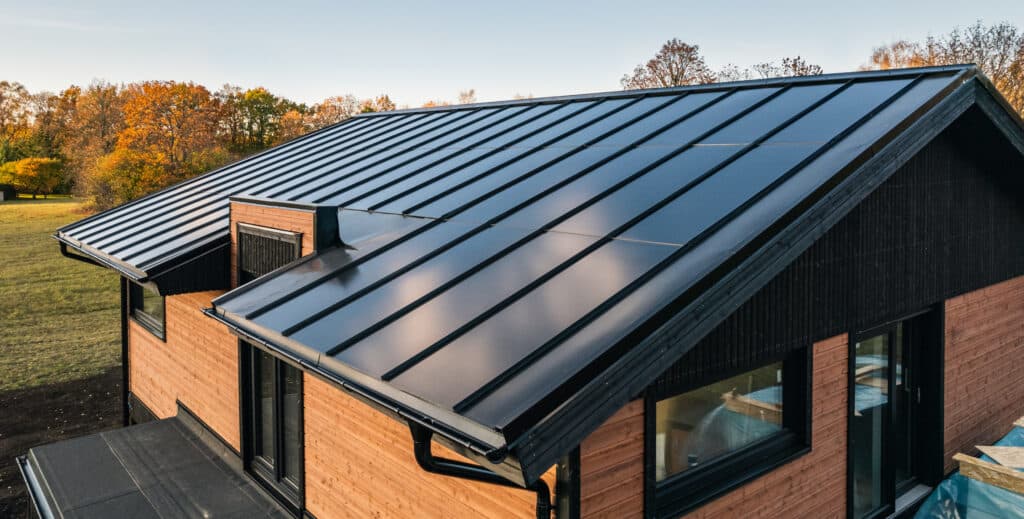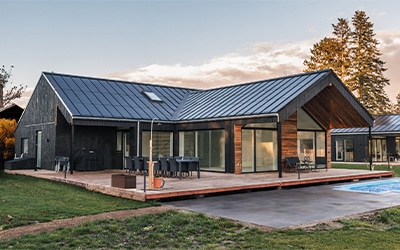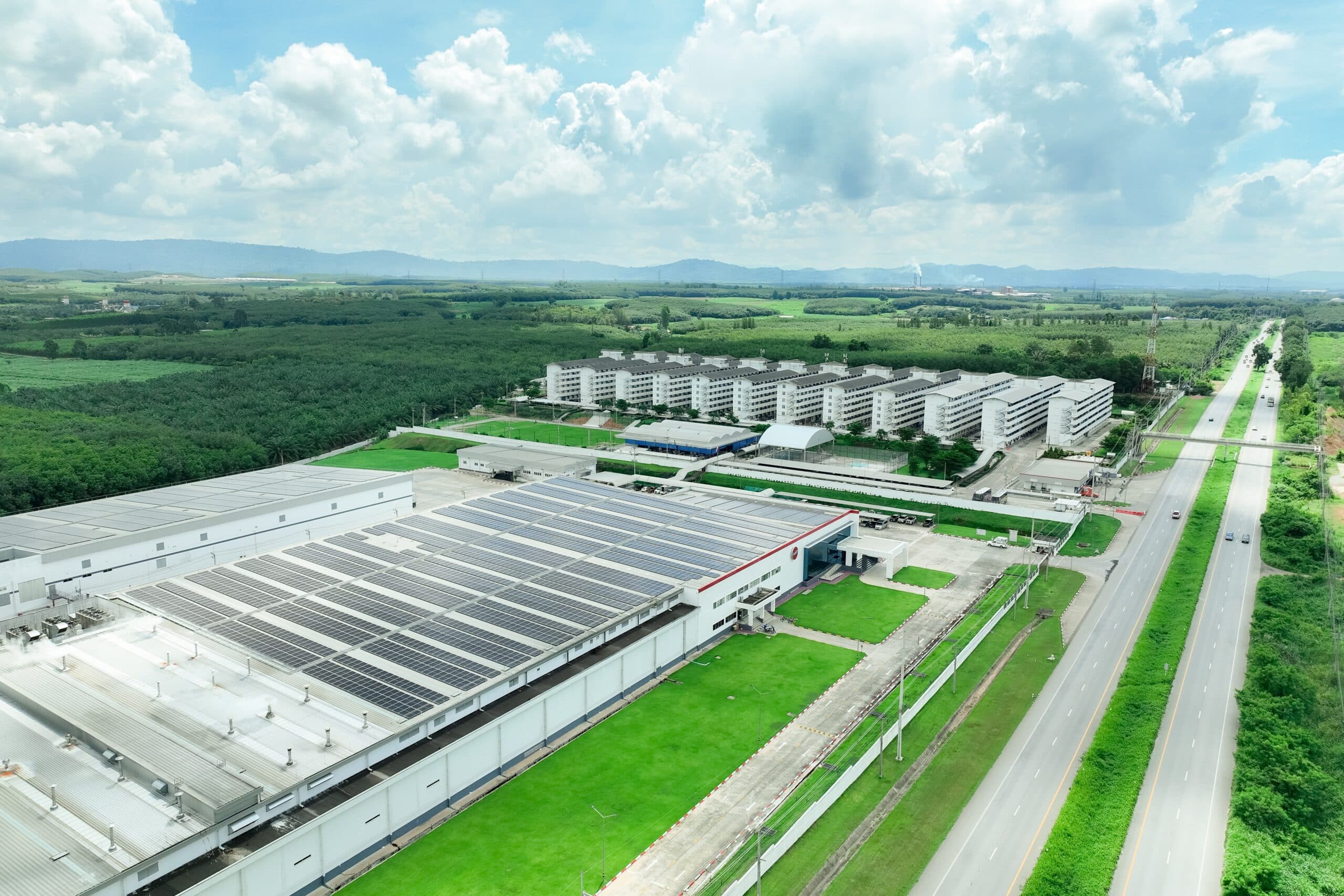In a world that’s growing more and more concerned about the planet’s future, we are moving towards cleaner and more sustainable, environmentally friendly energy sources. And with that, solar energy has emerged as a popular choice for homeowners and businesses alike. But is it the right choice for everyone? And what are the advantages and disadvantages?
Though sustainability seems like the right choice, it’s not always feasible, and it’s often questioned whether it’s truly beneficial. In this article, we will explore the benefits and limitations of solar energy, comparing it to non-renewable sources to help you make an informed decision.
Understanding Solar Energy
Before we get into the merits and demerits of solar energy, it’s important to know what exactly solar energy is.
Solar energy is harnessed from the sun and converted into electricity using photovoltaic (PV) panels or solar thermal systems. This technology allows homes and businesses to generate their own power, reducing reliance on the grid and fossil fuels.
There are two main types of solar energy systems: solar panels and solar tiles.
Solar panels, also known as photovoltaic (PV) panels, are the most common and widely used solar energy solution. Solar energy companies like Smartly Energy install these panels on rooftops or ground-mounted systems. Subsequently, they will convert sunlight directly into electricity through semiconductor materials. They offer high efficiency, relatively easy installation, and the ability to tailor them to suit different energy needs, making them an excellent option for homeowners and businesses alike.
On the other hand, solar tiles are an integrated alternative designed to combine the appearance of traditional slates, with solar panels. Unlike traditional solar panels, solar tiles serve a dual purpose by functioning as both a roofing material and an energy generator. While they are generally more expensive than standard panels, they offer an aesthetic advantage and are ideal for new builds or roof replacement projects where maintaining the visual appeal of the property is a priority.
Find out more about solar panels vs. solar tiles here.
Benefits of Solar Energy
First and foremost, let’s cover the advantages of solar energy.
1. Renewable and Sustainable Energy Source
The most obvious point when discussing the pros and cons of solar energy is that solar energy can generate as long as the sun comes up. Unlike fossil fuels, solar energy is infinitely renewable. The sun provides a constant source of energy, and as long as there is daylight, solar panels can generate electricity. This makes solar a sustainable choice for the future – which is of course the main merit.
2. Reduction in Electricity Bills
By installing solar roof tiles UK or traditional solar panels, you can generate your own electricity, leading to significant savings on energy bills. Many homeowners also benefit from government incentives and renewable energy cash benefits, making solar an even more attractive investment. Whilst it sure is an investment to begin with, in due term, it pays off.
3. Low Maintenance Costs
Solar panels and tiles require minimal maintenance. Most high-quality systems last between 25 and 30 years with little upkeep, apart from occasional cleaning and routine inspections. This makes them a cost-effective energy solution in the long run. They also stand up to the harsh UK weather without faltering, which is an advantage in itself.
4. Technological Advancements
Solar technology is evolving rapidly, making solar roof tiles and traditional panels more efficient and affordable. Innovations in solar battery storage also mean homeowners can store excess energy for use at night or during cloudy days.
5. Environmental Benefits
Switching to solar helps reduce carbon emissions. A standard 4kW solar panel system can save around 1.6 tonnes of CO2 per year compared to electricity generated from fossil fuels. The more households and businesses adopt solar, the greater the impact on reducing air pollution and combatting climate change. And we’d imagine that’s what you’re all here for.
Limitations of Solar Energy
But like any energy source, solar energy disadvantages exist alongside its many advantages.
1. Weather Dependency and Intermittent Energy Production
One of the solar energy disadvantages is that it relies on sunlight. Energy generation drops on cloudy days or during winter months, making it less predictable than fossil fuels. However, modern battery storage solutions help mitigate this issue.
2. High Initial Investment
While solar prices have decreased, the upfront cost of solar power tiles or traditional panels can still be high. On average, installing a 4kW system in the UK costs between £6,000 and £8,000, depending on panel type and installer fees.
However, renewable energy cash benefits and long-term energy savings often offset this cost.
3. Space Requirements
To generate enough power, you need adequate roof space or land. Traditional panels require more room than solar roof tiles, which integrate seamlessly into a building’s design. If space is limited, high-efficiency panels may be necessary to meet energy demands.
4. Energy Storage Costs
Solar panels produce energy only during daylight hours, which means additional investment in battery storage is needed to use solar power at night. Whilst battery storage is hugely beneficial, it adds an extra hidden cost.
A 10kWh solar battery can cost between £5,000 and £7,000, adding to the overall investment.
5. Environmental Impact of Manufacturing
Although solar panels reduce carbon footprints, their production involves energy-intensive manufacturing processes. The extraction and processing of raw materials, such as silicon and lithium (for batteries), have environmental consequences.
However, improvements in recycling technology are helping to reduce the impact.
Solar Energy vs. Non-Renewable Energy
When debating the benefits and limitations of solar energy and whether to install solar panels, it’s important to take into consideration the harmful disadvantages of the alternatives; non renewable energy.
1. Environmental Impact
Unlike coal and gas, which release harmful emissions, solar energy has zero direct carbon output. Non-renewable sources contribute to climate change, air pollution, and habitat destruction, making the shift to renewables crucial.
2. Economic Considerations
Fossil fuel prices fluctuate due to market demand and political instability. Investing in solar roof tiles UK or traditional panels provides greater energy independence, shielding homeowners from rising energy costs.
3. Energy Security
Many countries rely on imported fossil fuels, making them vulnerable to supply chain disruptions. On the other hand, local generation of solar energy enhances national energy security and reduces dependence on foreign fuel sources.
Financial Incentives for Solar Energy in the UK
There are several renewable energy cash benefits available in the UK:
Export Tariffs: Some energy providers such as Octopus Energy have export tariffs in which homeowners are paid back for surplus electricity fed back into the grid. With Outgoing Octopus, homeowners earn 15p/kWh.
Zero VAT on Solar Panels (2022-2027): Homeowners pay 0% VAT on solar panel installations, making them more affordable.
Green Home Grants: While currently limited, some local councils offer incentives for energy-efficient home improvements.
Future Prospects of Solar Energy
With advancements in technology and increased adoption, solar energy is set to become even more efficient and cost-effective. Governments worldwide are investing in renewables, and with battery technology improving, reliance on the grid will continue to decrease.
In the UK, experts expect the adoption of solar power tiles and panels to grow, making homes and businesses greener and more self-sufficient.
Now you Know all you Need to Know About the Benefits and Limitations of Solar Energy
As much as we advocate for it, it’s essential to weigh the benefits and limitations of solar carefully before making the switch. While solar offers energy savings, sustainability, and renewable energy cash benefits, you should consider factors such as cost, space, and weather dependency. As technology advances, solar energy will continue to play a vital role in the UK’s transition to a cleaner and more sustainable future.
If you’re considering installing solar roof tiles or traditional solar panels, now is the perfect time to invest and take advantage of the many benefits solar energy has to offer. And of course, if you install with Smartly Energy, you’re sure to reap the benefits of solar energy, all the more efficiently.



